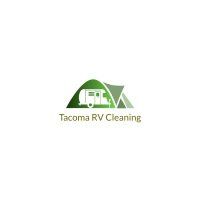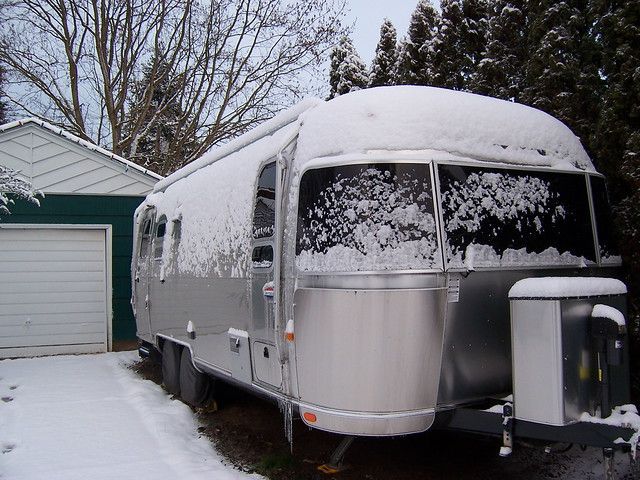Why Regular Maintenance to your RV is important!
Why Regular Maintenance is important!!
Regular RV service and scheduled maintenance plans can prevent most issues, but accidents can happen. Sometimes, repairs are inevitable. The technology in modern RVs is amazing, but extreme weather and road vibrations mean that RVs can take a beating. Knowing the common issues you’re likely to encounter means you’ll be better prepared to get back on the road quickly!
Regular Maintenance prevents common issues like:
Burst Water Lines
A burst or broken water line is one of the first problems that new RV owners will run into. You can avoid this by learning how to properly prepare your RV for storage when it’s not in use.
Tire Blowout
The average RV weighs around 5,200 lbs and usually carries an additional 1,500 lbs of water and additional equipment. Routine maintenance prevents unexpected tire blowouts.
Toilet Malfunctions
Having your own toilet on a long road trip is an underrated pleasure, but few problems strike more dread in an RV owner than toilet troubles. It is unpleasant to deal with, smells bad, and can be a health hazard. The most common type of problems are water leaking at the base of the toilet, the toilet continuously running, or even the dreaded clogged toilet.
Electrical Problems
Electrical issues are not uncommon, To make matters worse, working with electricity can be dangerous if you don’t know what you’re doing. Knowing enough to at least perform a walk-around inspection may be enough to solve a handful of minor issues. However, if replacing a fuse or resetting a circuit breaker doesn’t solve the problem, it’s a job best left to the professionals because dealing with electrical issues can be dangerous.
Window and Roof Leaks
When you combine the movement and motion of an RV with the extreme temperatures they are exposed to, it’s only a matter of time before you’ll have to deal with a cracked seal, or leaking window or roof. A water leak can ruin an RV if it isn’t fixed quickly, especially if the water is leaking inside or into electrical circuits.
Faulty Air Conditioner
Nothing can drain the fun out of a holiday faster than a faulty air conditioner. Air conditioners require regular cleaning and maintenance to operate optimally. Physically, it’s one of the largest appliances in your RV.





